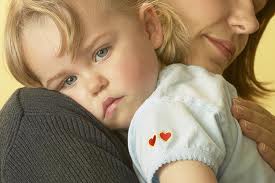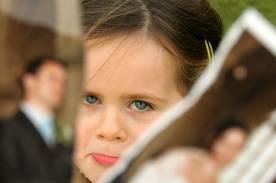I have long been arguing that we have taken the toll of divorce on children for granted (a theme central to my novel, “My Favourite Comedian”). Many claim that since it is so commonplace, divorce is less a tragic occurrence and more a reality of life. If most children have to go through it, it can’t be that bad, right?
I don’t subscribe to that theory. In fact, whilst there are often very good reasons for divorce and in many cases, the children are arguably better off, the effects of a family break down is as difficult for children now as it has ever been.
Enter Netflix’s masterpiece, A Marriage Story. A movie that couldn’t even spare one scene depicting the perspective of a child in the midst of a giant tug-of-war over rights to his upbringing. Not one!
This film is far more interested in the thoughts and needs of his parents. Parents who are decent people on the surface, but who have been racked with self-interest and continue to be. One had an affair, the other basically got bored and was feeling unimportant. Bad decisions were being made on both sides, with the power divested in terribly immoral lawyers continuing the trend of decisions made with self-interest trumping what is really best for the child.
The movie is quite brilliant. It captures the end of a marriage with great insight and the acting is brilliant. It is also a stark essay on the selfishness of the contemporary person.
Selfishness that I would argue does nothing for the child and his development.
Special Announcement:
I am donating 100% of the royalties of my hilarious new children’s book, My Favourite Comedian, during the month of January to those affected by the devastating bushfires in my country, Australia. This book is perfect for children aged 9 to 14 and the ideal class novel for Upper Primary students. Please leave a comment to indicate your purchase. You can buy a copy by clicking on this link.










